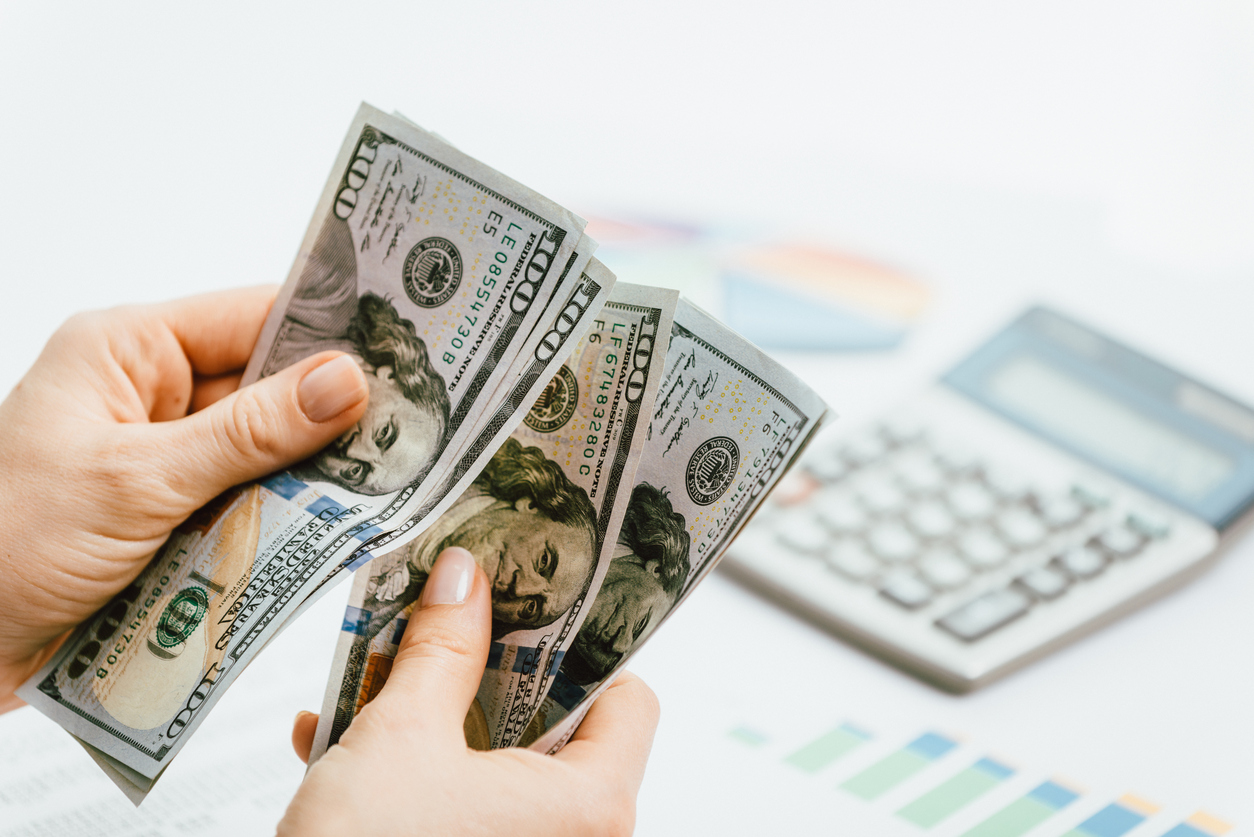Many items have gotten more expensive in recent years as inflation has spiked, and this includes cars. It is common to spend $30,000 or more on a new car, and many people have to spend $40,000 or more. With prices so high, it’s understandable to wonder about your financing options. Most people get a car loan, but in some cases, a personal loan could be appropriate. Let’s look closer below at using a personal loan to buy a car.
Using A Personal Loan For A Car Purchase
Assuming you qualify for the personal loan, you can use the money for just about anything you like. One thing that many people like about personal loans is their flexibility. Once the money hits your account, you can use it as you see fit. While using the money for investing may not be allowed, it’s probably fine to use the loan money to buy a car.
However, the higher rates and credit requirements of personal loans mean most people don’t use them to buy a car. It is estimated that just 1.5% of consumers used a personal loan to finance a car in the first quarter of 2023.
What Are The Differences Between Auto And Personal Loans?
The key difference between a personal loan and car loan is the collateral. Personal loans are beneficial in one way because you can get the loan without collateral. That means it’s an unsecured loan. With a car loan, the car is the collateral, so if you don’t pay, the lender will repossess your vehicle.
Because an auto loan has collateral, there is less lender risk, so the interest rate is lower than for a personal loan (usually). That’s why most people use a car loan to finance their purchase – they pay less interest than with a personal loan.
Are There Advantages to Using a Personal Loan to Buy A Car?
While most people finance vehicles with car loans, there are some advantages to using a personal loan.
First, the personal loan is more flexible, so you can use the money to buy a car or almost anything. If the loan is for enough money, you could buy a car and fund other purchases. However, you should be careful about taking out too much debt.
On the other hand, a car loan is only for buying the car. The only thing it can be used for is to finance the car.
Second, you do not need to provide a down payment with a personal loan. Most car loans have down payments, but if your credit is good enough, you could qualify for a zero-down loan.
Disadvantages Of Using A Personal Loan To Buy A Car
First, as we noted earlier, personal loans usually have higher interest rates because there is no collateral. So, you will pay more interest every month.
Second, the personal loan will have a higher monthly payment because of a shorter payment period, and possibly a higher rate. Most personal loans are only for three or five years, while you can get some car loans for up to seven years.
Third, a personal loan doesn’t have collateral, so it may not be an option for someone with bad credit. Even people with bad credit can often get a car loan because the vehicle is collateral. Sometimes it makes more sense for a homeowner to use a HELOC instead of a personal loan because the interest rates are better.
Summary
For most consumers, buying a car with a car loan is the most logical choice. However, there are situations where using a personal loan could be the best option. For instance, if you want to buy a car from a private seller, you may get a personal loan to fund the transaction. Or, if you want to buy a much older car, such as an antique, car loans may not be available. Another possibility is if you don’t want to make a down payment for your car purchase.
Talk to your lender today about car loans and personal loans to learn which fits your needs best.




